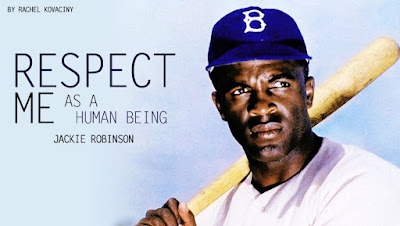Because I couldn't really read the article, I didn't know the tragic story of the ship's sinking until I was older. I only knew there was a huge ship under the ocean that had been there so long, fish lived on it. Ever since, I've had a desire to swim around a wrecked ship for myself. (I also didn't understand that this ship lay more than 3 miles below the surface, where humans can't survive.) I think my fascination with historic artifacts and archaeology probably stems from that magazine as well.
When I was in middle school, I had to write a research paper on a historic event. I chose the sinking of RMS Titanic. I read several books about it, including Walter Lord's A Night to Remember. I'd seen The Unsinkable Molly Brown (1964) by then, and I remember getting the 1958 movie version of A Night to Remember and the 1953 movie Titanic from the library to watch while writing my paper -- not as research, but for general atmosphere. (This was in the early 1990s, before the Kate Winslet movie was released.) Even though I am fascinated by the true story, I've never particularly enjoyed movies about the tragedy. I think I learned too much about the real horror to find entertainment in seeing it portrayed fictionally. (I do like Molly Brown, but probably because there is only a smidgen about the Titanic portrayed).
Man, that was a fascinating paper to write. I did tracings of diagrams of the ship, both before and after the wreck. I was so incredibly proud of that paper. My teacher (who was also my mom, since I was homeschooled) thought it was macabre, though. (The next year, I wrote a research paper about the Lewis and Clark Expedition, which had a happier ending.)
Through all of that, and through the thirty years beyond, what has really captivated me the most, though, is the wreck itself. All the history it contains. The ways that the ocean has both preserved and begun to deteriorate it. This fascination has extended to making me intrigued by basically all shipwrecks that have been found and explored, especially if the explorers brought things back from them. One of the great delights of my tween life was visiting the Arabia Steamboat Museum in Kansas City with my family and grandparents. The Arabia was a steamboat that sank in the Mississippi River in 1856 and was discovered in 1988, still filled with its original cargo preserved in mud. I want to go back there one day, because I remember it as being mesmerizing. I've also visited the Mariner's Museum in Newport News twice, where items recovered from the 1862 wreck of the USS Monitor are kept and displayed and studied (and where they have a life vest from Titanic, too!)
ANYWAY. I'm rambling, and I know it. I've had a bad cold all weekend. Sorry. I will get back on track.
All of this is why I eagerly joined the Titanic in Pop Culture blogathon hosted by Taking Up Room this weekend. And why I chose not to review a fictional movie about the ship, but the National Geographic Channel documentary Back to the Titanic (2020). It's all about the wreck, not how it got wrecked. It traces the events of the first manned expedition to the wreck in fifteen years, and how scientists are studying the way the wreck is slowly changing and deteriorating.
Aside from all the amazing videography of the wreck itself, which I was absolutely delighted by, the coolest thing about this documentary is that they had a descendant of Benjamin Guggenheim along! Guggenheim was a fabulously wealthy American businessman who was aboard the Titanic. He was very helpful in loading women and children into the lifeboats after the iceberg collision, then famously took off the life vest he was wearing over his formal evening wear, put a rose in his buttonhole, and declared he was prepared to die like a gentleman. Which, by all accounts, he did.
Guggenheim had booked a stateroom along the starboard side of Titanic, in a section of the ship that broke off when the the ship sank. That section was swept away from the rest of the wreck by strong ocean currents, and had not been found by previous expeditions. One major aim of the 2020 expedition was to see if they could find the staterooms, with Guggenheim's descendant Sindbad Rumney-Guggenheim aboard to witness the finding. And that was... really poignant.
You can learn lots more about this documentary, including photos, right here. And you can watch the whole thing on Disney+, which is how I saw it.
Don't forget to check out the rest of the Titanic in Pop Culture blogathon!




















